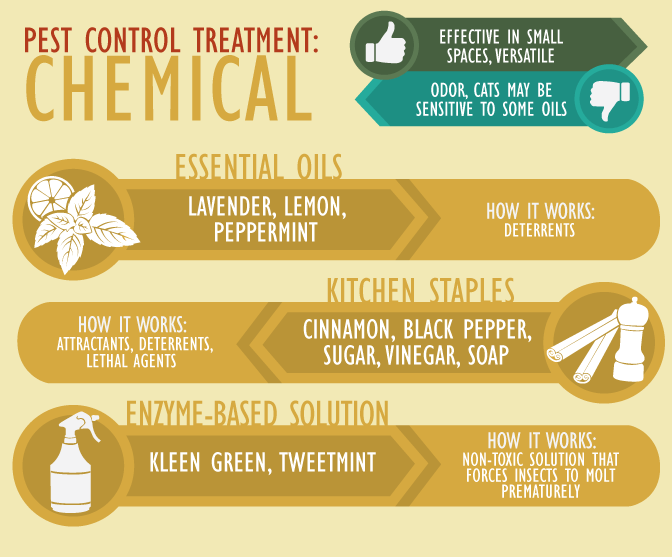Prepare To Change Your Yard Into A Pest-Free Paradise With These Cutting-Edge Pointers And Techniques
Prepare To Change Your Yard Into A Pest-Free Paradise With These Cutting-Edge Pointers And Techniques
Blog Article
Write-Up By-Walters Merritt
Picture your garden as a refuge, a location of harmony and elegance. However, the visibility of outdoor pests can quickly disrupt this ideal photo. Suppose there were spider treatment for home yet effective ways to maintain these unwanted site visitors at bay and safeguard your garden sanctuary? By adhering to a few practical ideas and carrying out all-natural approaches, you can produce a harmonious exterior room where your plants can grow uninterrupted.
Natural Bug Deterrents
To keep insects far from your garden normally, plant aromatic herbs like mint and lavender. These great smelling plants not just add beauty to your yard yet additionally work as reliable parasite deterrents. Bugs like mosquitoes, flies, and also some garden-damaging insects are pushed back by the strong fragrances sent out by these herbs. Merely putting them purposefully around your yard can assist create an all-natural obstacle against undesirable bugs.
In addition to mint and lavender, consider planting other herbs like rosemary, basil, and lemongrass to further enhance your yard's pest-proofing abilities. These natural herbs not only work as natural repellents but also have actually the added advantage of working in food preparation or crafting self-made treatments.
Strategic Plant Placement
Consider the design of your garden and the kinds of plants you have to purposefully place them for maximum pest-proofing performance.
Begin by grouping plants with comparable resistance to pests with each other. By doing this, you can create a natural obstacle that discourages bugs from spreading throughout your yard.
In addition, placing pest-repelling plants like marigolds, lavender, or mint near even more vulnerable plants can help shield them. High plants, such as sunflowers or corn, can serve as a guard for much shorter plants against parasites like rabbits or ground-dwelling bugs.
Remember to leave rodent infestation control in between plants to enhance air circulation and minimize the threat of conditions that pests could carry.
Additionally, take into consideration planting strong-smelling herbs like rosemary or basil near prone plants to confuse pests' detects and make it harder for them to locate their targets.
Reliable Insect Control Techniques
For combating garden parasites properly, carrying out a multi-faceted parasite control strategy is necessary. Start by motivating natural predators like birds, ladybugs, and hoping mantises to aid maintain insect populations in check. Presenting plants that attract these useful bugs can aid in insect control. Furthermore, practicing great yard hygiene by eliminating debris and weeds where bugs might conceal can make your garden much less congenial to unwanted visitors.
Take into consideration using physical barriers such as row cover fabrics or netting to protect prone plants from insects like caterpillars and birds. Using organic chemicals like neem oil or insecticidal soap can additionally be effective against particular pests while being much less dangerous to beneficial pests and the setting. It's critical to revolve your crops each season to avoid the buildup of parasite populaces that target particular plants.
Routinely check your plants for indications of pest damage so you can act immediately. By combining these techniques and remaining vigilant, you can successfully manage garden parasites and appreciate a growing, pest-free yard.
Verdict
So, there you have it - with the best techniques, you can keep pesky exterior bugs far from your garden and help your plants grow.
Did you understand that growing mint has been shown to drive away mosquitoes and various other pests, lowering the demand for harmful chemicals by approximately 60%?
By integrating all-natural deterrents and smart growing strategies, you can create a gorgeous and pest-resistant garden sanctuary for you to appreciate.
